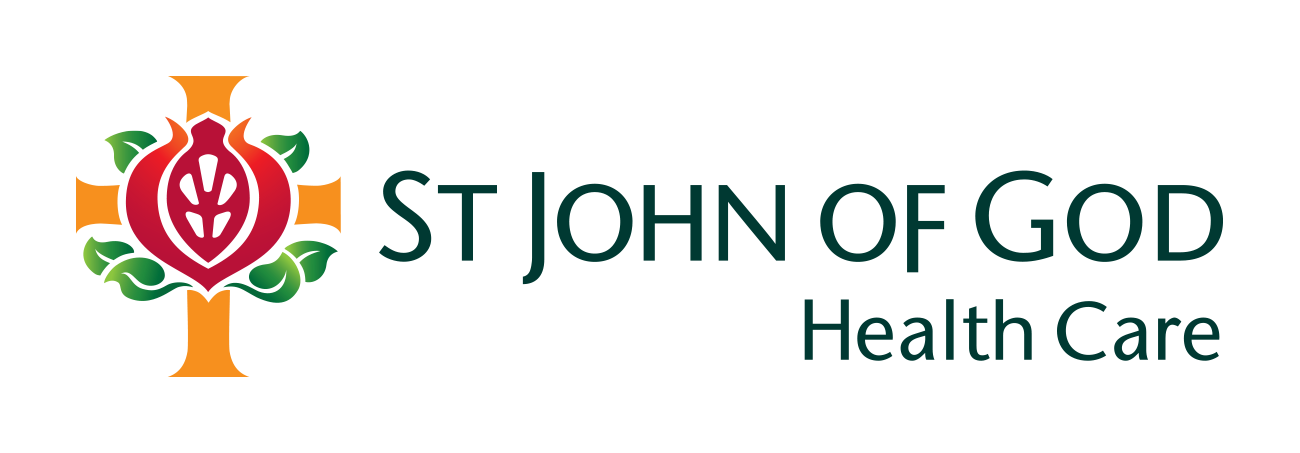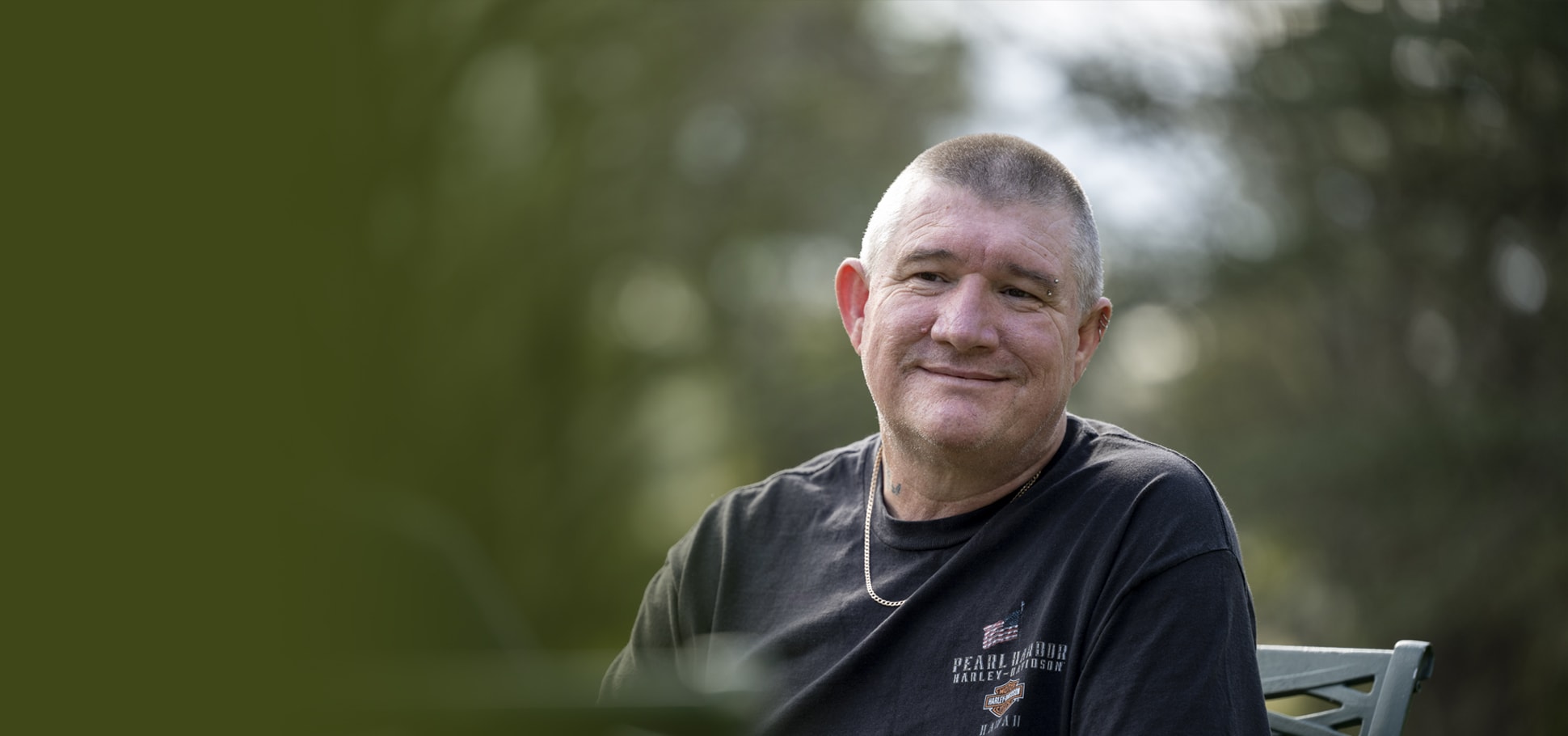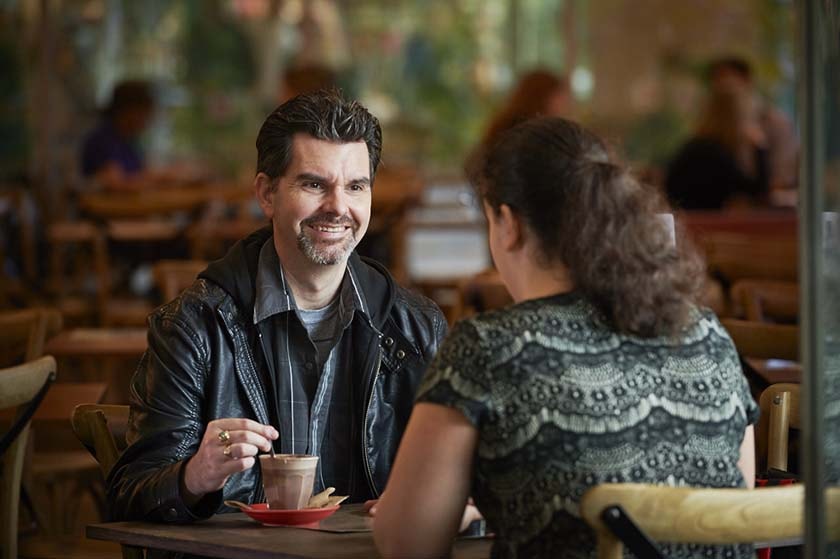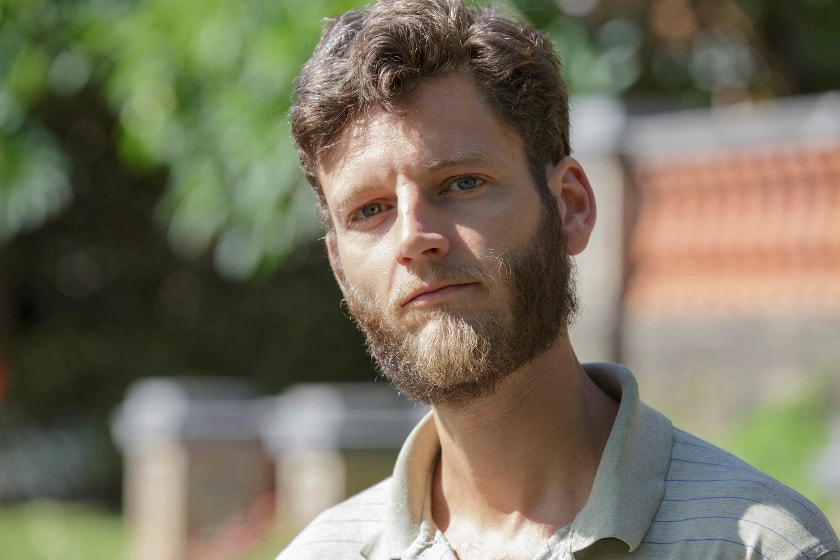Understanding drug and alcohol misuse
What is misuse?
About one in three adults in Australia drinks alcohol at risky levels. Two in every five people in Australia have used an illegal drug at some point in their lives, which includes taking pharmaceutical medicines for non-medical purposes.
Drug or alcohol use can become a problem when it starts to affect someone’s judgement, their relationships, commitments such as school, work and family responsibilities or their general health and wellbeing. For some people, it can also increase the risk of experiencing depression, anxiety and other conditions.
The term ‘drug and alcohol misuse’ relates to the impact someone’s use has on their life, rather than specific amounts or how often they are using drugs or alcohol.
If you think that your own alcohol or drug use has become a problem, help is available. You might like to start with our substance use self-check or by making an appointment to speak with your GP. You can also explore the treatment options we offer through St John of God Health Care below.
Are you worried about the habits of someone you care about?
If you know that someone is using drugs or alcohol and worry they could be developing a problem, there are some signs to watch out for. They might find it difficult to cut down or stop using. They might spend a lot of their time trying to find or use drugs or alcohol, use more regularly over time or use larger amounts of substances over time.
Sometimes it can be hard to tell if someone you care about is using harmful levels of drugs or alcohol, especially if they are trying to hide their drug or alcohol use.
Signs and symptoms
If someone is at risk of developing a problem with alcohol and drug misuse, you might see physical changes in them such as:
- shakes or tremors
- sudden weight loss or gain
- sleeping problems
- regular runny noses or sniffing.
You might also notice changes in someone’s behaviour. They could be at risk of misusing drugs or alcohol if they have:
- trouble keeping up at school or work
- relationship or family problems
- legal or financial difficulties
- physical injuries which might be caused by accidents or violence after using drugs or alcohol
- symptoms when they try to stop or cut down on using drugs or alcohol (called ‘withdrawal’ symptoms).
Of course, some people can experience these things without it being related to drug or alcohol misuse.
What to do if you're concerned
If you’re worried that someone you care about is misusing drugs or alcohol or needs help, here are some things you can do:
- Talk to them. You might start by saying you’ve noticed they haven’t seemed themselves and ask if they’re OK.
- Offer your support. Try not to judge their behaviour or make accusations when you’re discussing someone’s drug or alcohol use. Let them know you’re there to support them.
- Encourage them to get professional help. The best place to start could be for them to see their GP. You could also explore the programs we offer at St John of God Health Care, detailed below.
- Look after yourself. Supporting a friend or family member with a drug or alcohol misuse problem can be draining. Look after your own physical and mental health and contact your own GP for advice if you need.
If the person you’re worried about is not ready to get help, you might need to take a break and get support from your family and friends. Let the person know you care about them and will check in with them again, so they know you’re there to support them.
Your treatment options
There are many treatment options available for alcohol and drug misuse. Depending on the kind of substance involved and the situation, treatment can range from counselling through to hospital treatment.
Therapies such as cognitive behavioural therapy and what’s known as ‘acceptance and commitment therapy’ are often used.
Overall, the purpose of getting treatment is to help reduce or stop their drug and/or alcohol misuse. This can take some time and many people can experience physical withdrawal symptoms when they try to cut back or stop using certain substances.
The process known as ‘detoxification’ is not easy – and some people can relapse and use those substances again. With professional treatment, someone can be helped safely through the recovery process. They can also get any counselling or prescribed medication they might need, including learning strategies to cope with different situations to enjoy a healthier lifestyle.
These are the programs which we offer through St John of God Health Care.
Our treatments
We offer a range of mental health treatments across New South Wales, Victoria and Western Australia. The right treatment for you will depend on a range of factors including your location, how you’re feeling and the advice of your health care professionals.
Here are some details about the treatments which might be available to you.
Depending on what you’re experiencing, you might be referred for admission in one of our inpatient treatment programs. With this type of treatment:
- You will stay in one of our hospitals or inpatient facilities for one night or more.
- Your stay might be planned in advance or could be the result of an unplanned illness or exposure to trauma.
- You’ll receive care from our doctors, nurses, psychologists and other types of health care professionals to meet your needs.
- You might need medication, care, monitoring and treatment, which can be provided by our around-the-clock medical team.
When a doctor discharges you from your inpatient treatment, you’ll receive a plan for what happens after your stay. This might include instructions to follow up with doctors, take prescribed medication or referrals to our day programs or community services, depending on what’s right for you.
We offer a range of day programs which could help you learn how to manage trauma, perinatal mental health conditions, alcohol and drug misuse, anxiety or depression.
Our day programs are structured, group therapy sessions, tailored for the needs of your group. You could join a day program which is run once or twice a week, over a period of weeks or months.
In each session, you’ll work with our specialised therapists to learn how to build life skills, manage your symptoms and explore ways to feel better as you get back into your everyday activities. Our day programs could be part of your treatment, following a stay in hospital through our inpatient care.
Depending on your needs, you might be referred for an appointment with one of our psychiatry team. They will work with you to discuss your needs and find the best treatments to help your recovery.
We provide a range of community mental health services for young people, adults and families, including programs for perinatal mental health. Our services are provided by specialist clinicians and mental health workers.
These programs are designed to help support your recovery and stay well in the community.
Learn more about:
Locations
In the community
Community mental wellbeing services across New South Wales, Victoria and Western Australia.
Our community mental wellbeing services are located in:
Victoria
- Ballarat
- Bendigo
Western Australia
- Cockburn
- Mandurah
- Midland
- Pinjarra
Our community perinatal mental health services are located in:
New South Wales
- Blacktown
Victoria
- Ballarat
- Bendigo
- Berwick
- Geelong
Western Australia
- Cockburn
- Mandurah
- Midland
- Wanneroo
- Wembley
This service is located in:
Western Australia
- Midland
- Mirrabooka
- Gosnells
- Armadale
This service is located in:
Western Australia
- Perth metropolitan area
Learn more about St John of God Drug and Alcohol Withdrawal Network >
This service is located in:
Western Australia
- Bunbury
- Busselton
- Outreach services throughout the South West region
Learn more about St John of God South West Community Alcohol and Drug Service >
Urgent care
If you or someone close to you is in distress or at risk of harm, call 000.







